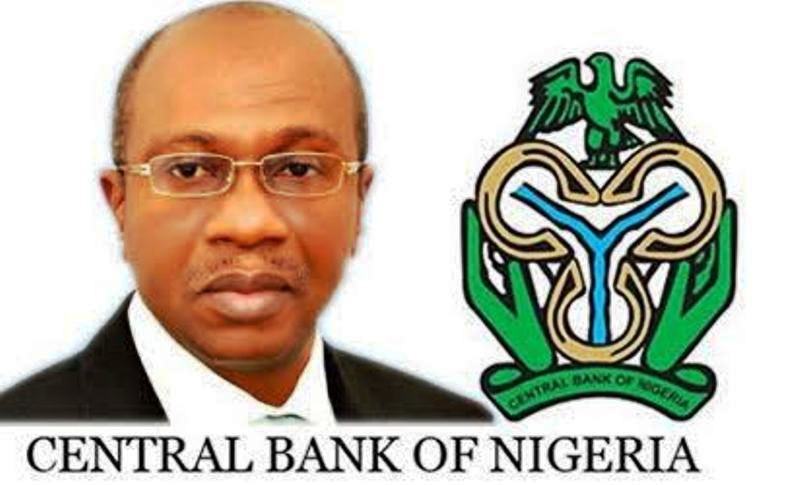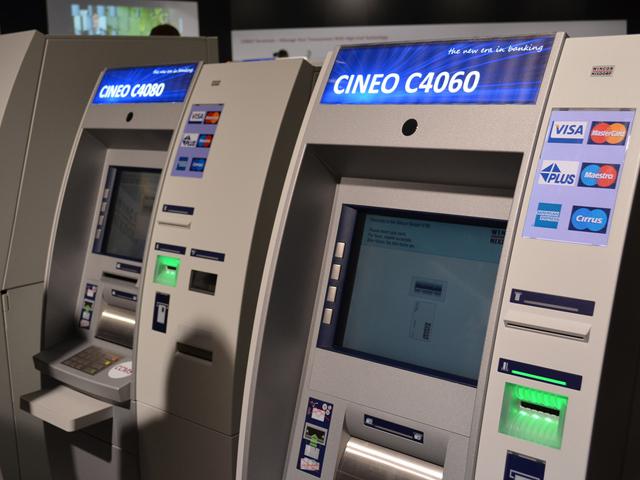Commercial banks have suspended all cash withdrawals from overseas Automated Teller Machines (ATMs), except for customers whose cards are linked to domiciliary accounts funded locally.
Recall that banks have been encouraging travellers to open and fund dollar accounts, which aside having no spending limits, provide them the flexibility to spend at all times.
The lenders are also raising their card spending limits on Point of Sale (PoS) and online card transactions abroad, an indication of increased dollar liquidity and rising exchange rate stability.
Guaranty Trust Bank (GTBank) and First City Monument Bank (FCMB) at the weekend raised their monthly card spending limit on overseas PoS and online transactions from $1,000 to $3,000 and around $2,000 to $5,000.
GTBank informed its customers of the increase via email. “We would like to inform you that our monthly spending limit on your GTBank Naira MasterCard has been reviewed to $3,000 from $1,000 for your international online and PoS transactions. Kindly note that international ATM cash withdrawal is still restricted,” it said.
“Clothing, shoes, electronics, books…whatever your needs are FCMB Naira Debit Card gives you instant full access to $5,000 monthly to shop online”, FCMB said in an email sent to its customers at the weekend.
GTBank had nearly two years ago during the height of the dollar scarcity limited monthly transactions on PoS and online transactions using cards to $100, British Pounds Sterling 90, Euro 130 and Canadian Dollar 360. The prevailing dollar scarcity at that time made it difficult for travellers to pay their hotel bills and make reservations and other transactions using their debit cards.
Many banks which announced the suspension of their overseas ATM card services in October 2016 have all lifted the suspension and raised monthly transaction volumes for customers on foreign currency-denominated deals, including those conducted on PoS machines and online.
The dynamics changed in April last year when the Central Bank of Nigeria (CBN) introduced the Investors’ & Exporters’ (I&E) Forex window which has so far attracted over $53.9 billion to the economy. The dollar inflows have helped to strengthen the naira against the greenback and brought stability to the forex market.
Financial analysts at Afrinvest West Africa said stability in the forex market followed the increased volume of forex interventions and the coming of I&E FX window, which allows for flexibility in pricing of forex as well as efficiency and transparency in allocation.
For instance, in the first half of 2018, transactions in the I&E Forex window stood at $30 billion, surpassing the $23.9 billion total turnover recorded in 2017 and bringing the overall transactions to $53.9 billion. Although the CBN’s participation is estimated at 30 per cent of the transactions in the window, the increased level of participation to some extent underscores the flexibility of the market as well as investors’ preference of the I&E as the platform for Forex deals.
According to an Afrinvest report titled: “Nigerian economy and financial market H1:2018 review’ released at the weekend, the investment and research firm, said Nigeria’s economic recovery path had been reinforced by the sustained stability in oil prices with four consecutive quarters (since second quarter of 2017) of positive, slow but steady growth.
It, however, said economic activities slowed in the first half of this year, given the delayed passage and implementation of the 2018 “Budget of Consolidation”, a major limiting factor in the drive towards implementing the Federal Government’s Economic Recovery and Growth Plan (ERGP) – the fiscal paper drafted to address some of the deep-rooted structural imbalances in the economy.
“In addition, food supply disruptions resulting from the current security crises – which in turn fuelled inflationary pressures – coupled with tighter monetary stance of the CBN towards stabilising the currency market, contributed to the slow growth rate reported. Nonetheless, the domestic macroeconomic performance has been largely satisfactory on the back of persistent disinflation, rising oil prices and external reserves, increased foreign exchange liquidity with frequency of interventions, improved total capital flows into the country and favourable balance of trade,” the report said.
It said the rise in oil prices impacted positively on Nigeria’s foreign reserves, rising 22.7 per cent to $47.6 billion on June 13, 2018 from $38.8 billion on December 29, 2017.
Consequently, the CBN maintained its exchange rate peg with the naira appreciating to N305.80/$1 (June 2018) from N306/$1 (December 2017) in the official window while the stability and liquidity in the foreign exchange market improved as seen in the growing confidence by investors in the I&E Forex window in the first half of this year relative to fiscal year 2017.
The forex window has largely removed the pressures from the parallel market rate which now, sometimes, trades at a discount to the Nigerian Autonomous Foreign Exchange (NAFEX) rate.
Also, Renaissance Capital’s (RenCap’s) Sub-Saharan Africa (SSA) Economist, Yvonne Mhango, predicted that the naira would end the year at N356 to dollar in the parallel market. RenCap is a leading frontier market research and investment firm based in many countries, including Nigeria. The local currency exchanges around N360/$ in the parallel market.
In a report titled: “Nigeria: First Quarter 2018 Current Account – surplus swells” , she said Nigeria’s current account (CA) surplus increased to 4.6 per cent of Gross Domestic Product -GDP (annualised) in first quarter against 3.3 per cent in first quarter of last year.
“This was in part due to strong export growth of 44 per cent year-on-year in first quarter against 31 per cent in first quarter of last year. That said, imports are also recovering; they grew by the fastest rate since 2014. A one-third increase in current transfers (remittances) helped mitigate a strong increase in income outflows and payments to foreign service providers. We revise our 2018 CA/GDP forecast up slightly to 3.4 per cent, from 3.3 per cent previously. This supports naira stability and our year forecast is N356/$1,” she said.




